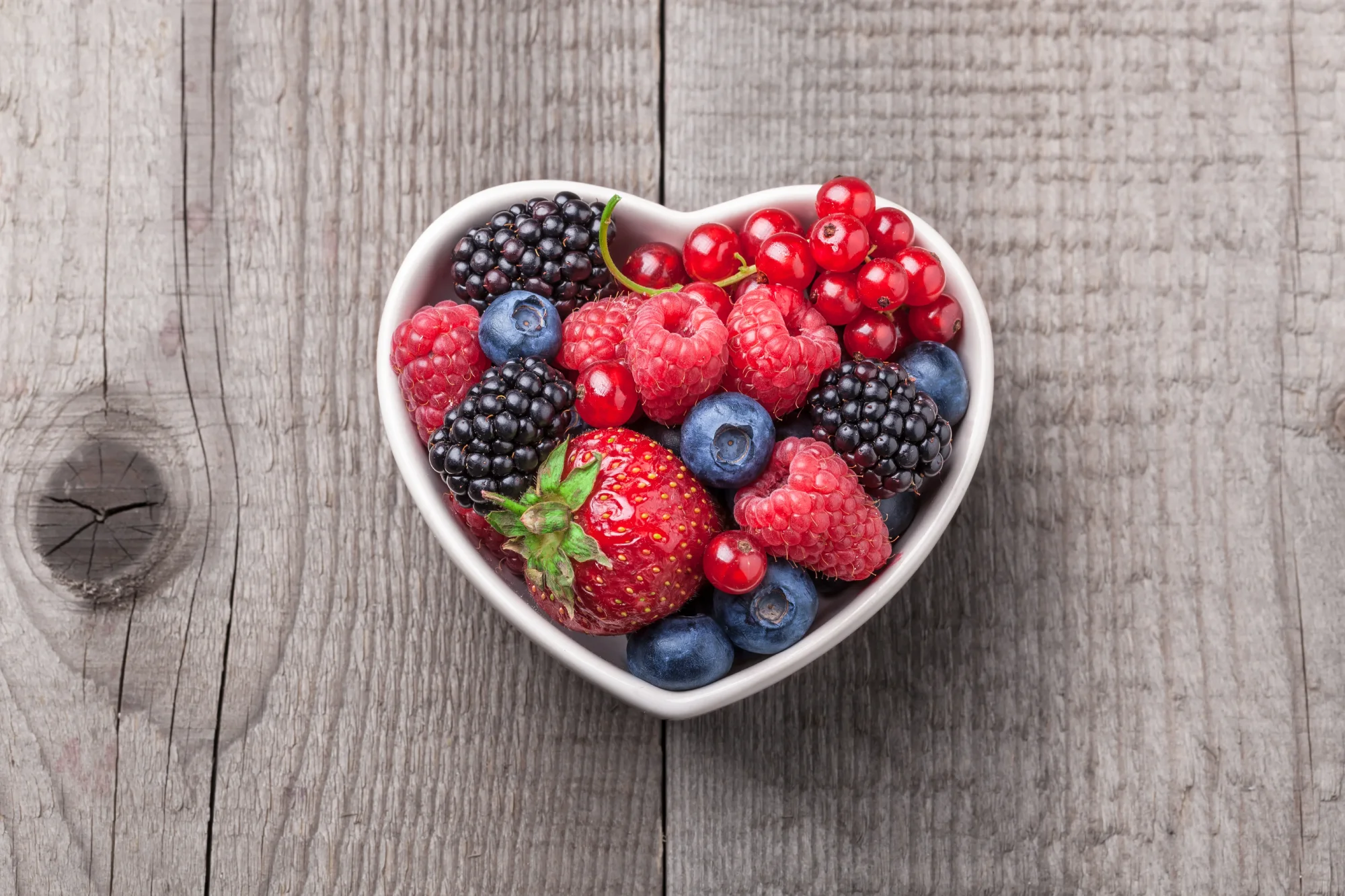News & Articles

6 Foods to Boost Your Immune System Naturally

Eat your way to immunity
Senior Dietitian Chloe Ong from Parkway Cancer Centre looks at some foods that can keep your immune system in infection-fighting shape.
Oats and whole grain products
Whole wheat products not only deliver a good mix of fibre, protein and some healthy fat, but also contain beta glucan, a type of fibre that has antimicrobial and antioxidant properties. Oats and whole grain products are also rich in several types of vitamin B, including vitamin B6 and folic acid. Vitamin B not only helps the body to fight off bacteria and viruses, but also strengthens your immunity when you are unwell. Vitamin B, however, is water soluble and cannot be stored in the body. Therefore it has to be taken on a daily basis.
Yogurt
Yogurt and other fermented products contain probiotics, which are also known as “good bacteria”. Probiotics improve the functioning of the gut by keeping the gut and the intestinal tract free of disease-causing germs. A healthy gut has been linked to better digestion and better immunity, and even better quality of sleep. Probiotics have also been reported to help with recovery from common colds.
Berries
Berries are high in fibre and contain different types of vitamins and minerals that your body needs for good health. They are also rich in phytochemicals and flavonoids, a group of beneficial plant compounds with antimicrobial properties that can help to boost your immunity. Try to take a variety of berries, as they provide a wide spectrum of nutrients and can give your body a much-needed boost. Fresh or frozen berries that are readily available include blueberries, blackberries, strawberries, Chinese wolfberries and cherries.
Nuts and seeds
Nuts and seeds are rich in zinc, iron and vitamin B, all of which can boost your immunity. Zinc is linked to the production of white blood cells, which lie at the centre of the immune system. Nuts and seeds are also good sources of several vitamins and minerals. As different types of nuts and seeds provide different nutrients, try to include a variety of nuts in your diet. For example, Brazil nuts are rich in selenium, while sesame seeds and almonds are good sources of vitamin E.
Garlic
Because of its ability to fight bacteria, viruses and fungi, raw garlic can help beat skin infections. Garlic also contains allicin, a compound that gives the root vegetable its antimicrobial and antiviral properties that help you fight infections. Allicin can also improve your immune cells, which will help you fight common colds and flu. Cooking garlic, however, will destroy garlic’s ability to produce allicin. Eating raw garlic is thus more beneficial than eating cooked garlic or garlic powder.
Ginger
Ginger is rich in gingerol, a compound that helps to lower the risk of infection. It also has antimicrobial properties, enabling it to inhibit the growth of certain types of bacteria, including E.coli and samonella, as well as anti-nausea properties. There are no studies indicating how much ginger you should take. However, simply adding it to your cooking or even in smoothies would be a good way to include it in your diet. Written by Kok Bee Eng
| POSTED IN | Nutrition |
| TAGS | cancer diet & nutrition, healthy food & cooking |
| PUBLISHED | 11 January 2018 |
